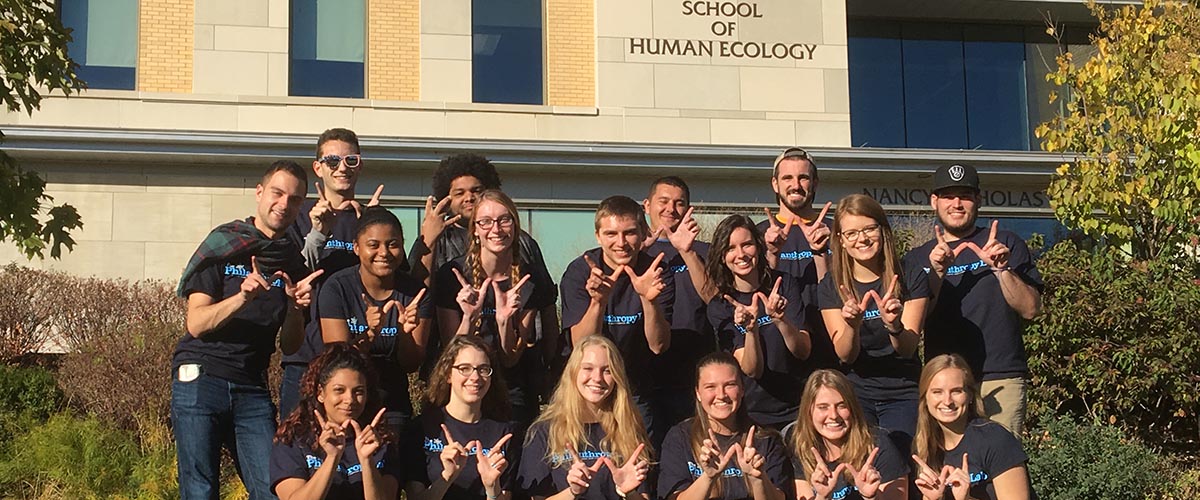
Badgers are known for their desire to do good: they join the Peace Corps in record numbers, they sign up for Teach For America, and they spend their academic breaks doing service projects.
Badgers have good hearts, but do they have good heads — at least when it comes to giving? Thanks to the Philanthropy Lab, a group of students is learning how much thought and hard work go into turning good intentions into an improved community.
“The Philanthropy Lab course provides UW–Madison students with an incredible opportunity to examine and address some of the most critical issues facing our community.”
Soyeon Shim
In 2016, the School of Human Ecology (SoHE) worked with the UW’s Morgridge Center for Public Service to create the university’s first Philanthropy Lab, a course that helps students to learn about and practice philanthropy. Those in the class manage real funds and give grants to real organizations; what they learn in the classroom has real-world consequences. They learn to evaluate nonprofit organizations — to see how such groups make and execute plans and to judge whether those organizations are fulfilling their missions.
“The Philanthropy Lab course provides UW–Madison students with an incredible opportunity to examine and address some of the most critical issues facing our community, while learning how to assess the impact of philanthropy on nonprofit organizations,” says SoHE dean Soyeon Shim.
The students managed the process for five $10,000 grants, which they awarded to Madison-area charities in December 2016. They learned how to manage the philanthropic process to achieve the best possible results, all while helping to forge ties within the local community.
By teaching students about giving, SoHE and the Morgridge Center are showing them how to better turn their good intentions into good outcomes. It’s just one more way in which UW–Madison is making Badgers into better citizens so that they can move society forward.
